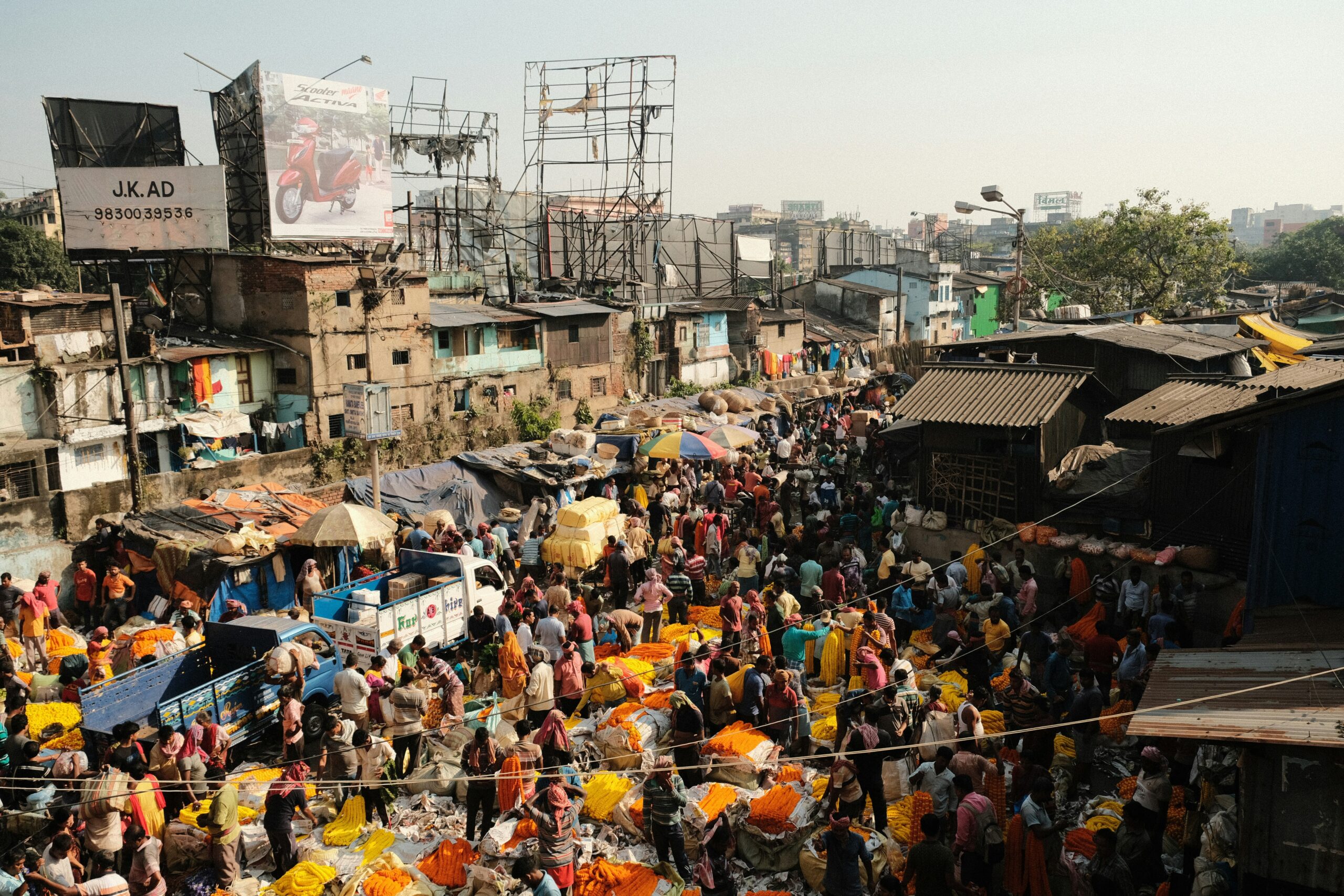News from Population Matters.
-

The Battle for Territory: How Human Expansion Affects Tiger Habitat
This International Tiger Day, we revisit the tiger chapter of our Vanishing Icons report. It investigates the loss of tiger habitat, 57% of which is within 5km of a road, and the impacts of population growth.
-

In celebration of summer and fundraisers!
Ah, summer! It’s safe to say that it has finally arrived after some delay (in the UK at least!). I am really appreciative of the glorious weather right now – writing this blog post on my lunch break out in the sunshine in my garden. Glorious summer!
-

Happy World Population Day… but you really don’t need to breed for Britain
Population Matters’ CEO Amy Jankiewicz has written a comment piece for the Independent, which we have mirrored below. The article challenges pronatalism in the context of continued worldwide population growth and highlights some of the devastating impacts on the planet and its wildlife species.
-

Drowned Out: Why Whale Beachings Are On The Rise
Following the tragic mass beaching of 77 pilot whales on World Population Day, we assess how human activity is damaging the world’s oceans and having catastrophic effects for the survival of the world’s marine species.
-

JD Vance and the threat to reproductive rights in the US
Republican vice-presidential candidate JD Vance is causing concern due to his staunch anti-abortion views, which include a nationwide ban.
-

False Alarm: Britain’s “Birth Rate Crisis”
The Spectator, a weekly British news magazine, says Britain is in a birth rate crisis. Campaigns and Media Officer Madeleine Hewitt responds and explains why there is no need to panic over falling birth rates.
-

The Road to 10 Billion: World Population Projections 2024
The United Nations has today released its updated population projections up to 2100. It predicts there’ll be another two billion people on the planet by 2061, peaking at 10.3 billion in the mid-2080s.
-

Dried up Futures: Drought and Desertification
Drought and desertification are the worst environmental crises facing the world today. Our new report Dried Up Futures examines how these interconnected disasters are driven by population growth, and the urgent need to act now to save our future.
-

The Need for Holistic Solutions in the Philippines
Our recent visit to PATH Foundation Philippines, revealed the gravity of local issues. Hear from the community first hand and discover how you can support their important work.
-

Should population be part of the ocean conservation conversation?
Today is World Oceans Day, a youth-led movement looking to protect and celebrate the world’s oceans and improve our climate. In today’s guest post, oceans activist Daniel Caceres Bartra tells us why population should be part of the ocean conservation conversation.

